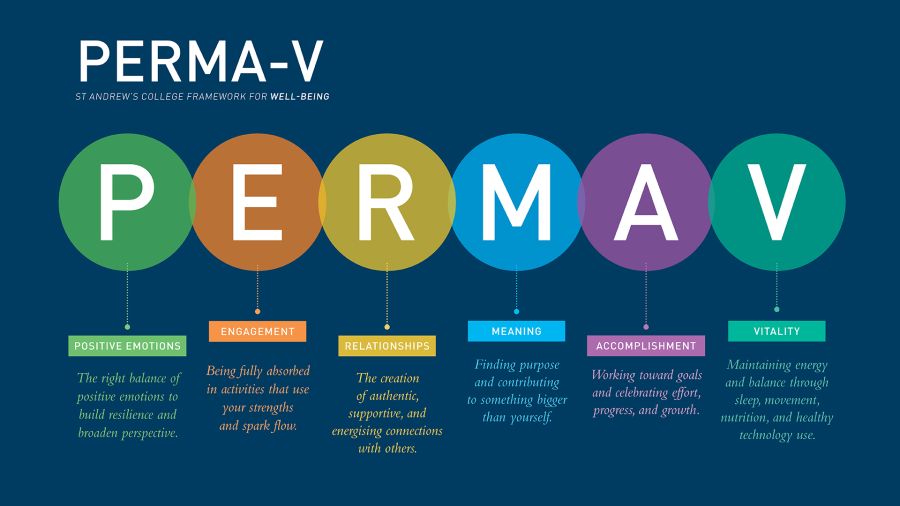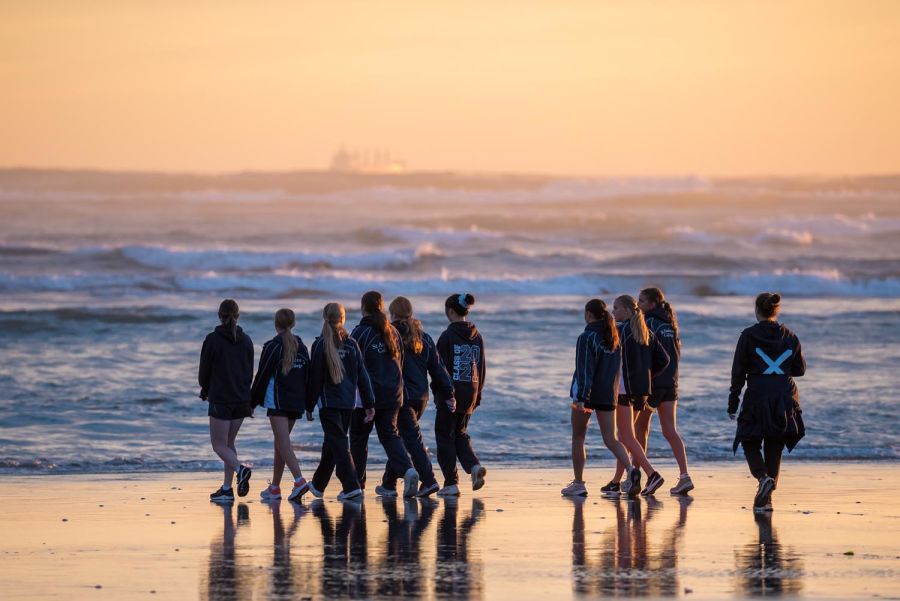Dr Sven Hansen on Resilience
18 February 2019
Written by Head of Well-being, Kerry Larby
This year St Andrew’s has made a commitment to deepen our understanding on the theme of resilience. Educators talk about resilience and young people a lot. We know that in an increasingly complex and changing world, resilience – the ability to bounce back, will be more important than ever.
So. What is resilience? How do we cultivate it? How do we teach it? What is it that enables some people to live well despite struggle (and become wise, empathetic and wholehearted) or fail in order to grow?
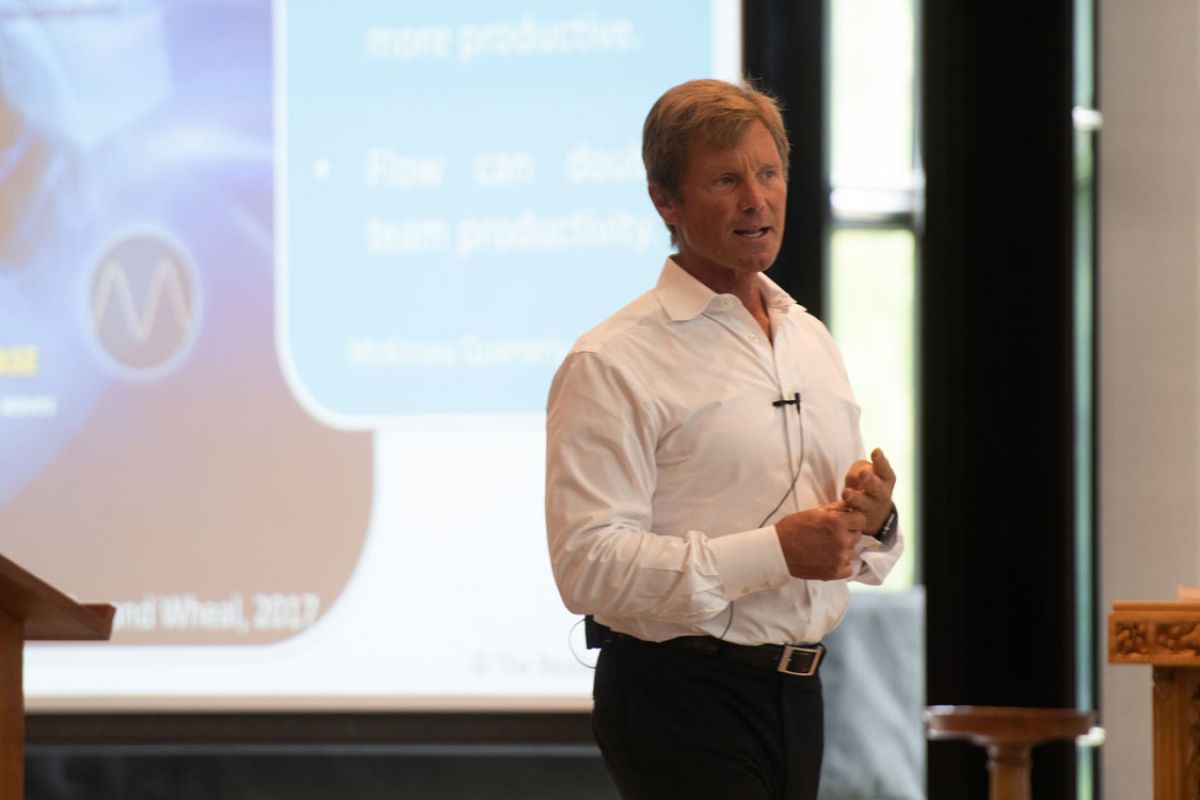
At the beginning of the year, all St Andrew’s staff and Senior students had the opportunity to learn from inspiring resilience researcher, Dr Sven Hansen. Dr Hansen is the founder of The Resilience Institute – an organisation focused on researching and developing resilience around the world. (You can read about his organisation here). Our staff were engaged and inspired by Dr Hansen, and the articulate way in which he was able to explain research, science and give practical advice about enhancing resilience.
In this blog post I want to share with you some of the main things I learnt from his presentation.
What is resilience?
Listening to Dr Hansen broadened my own understanding of resilience. His message was that if a person is resilient, they can demonstrate four abilities – the ability to bounce back from setbacks; to grow and be enthused by change and challenge; the ability to connect and care for others in authentic relationships (not online); and the ability to find opportunities to experience flow (using their strengths to meet a challenge).
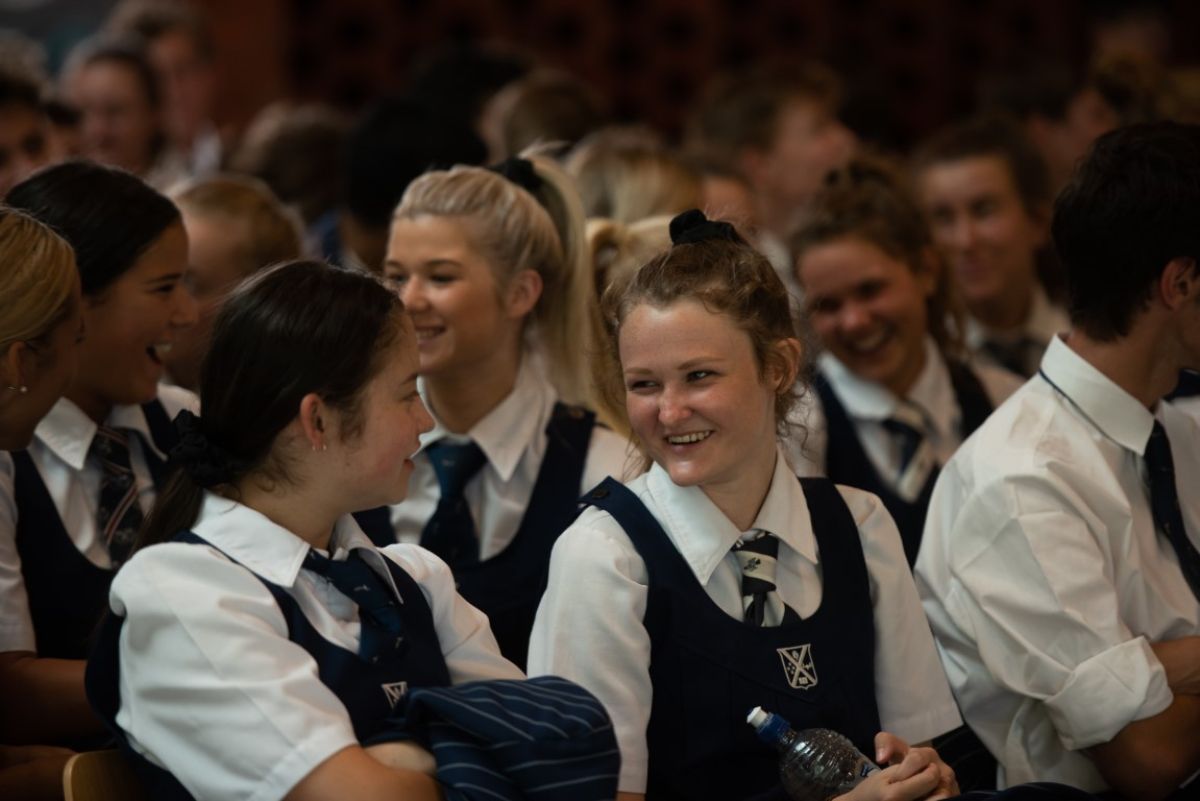
Resilience is about self-awareness
Dr Hansen presented the process of resilience clearly in a spiral model. This model shows the stages that exist when a person experiences the inevitable ups and downs of life. When we understand how the stages work and identify where we are in the spiral, we are in a much better place to make good choices regarding our resilience. It is all about self-awareness.
Our young people are becoming less resilient
Dr Hansen also referred to Jean Twenge's research on generational differences, to highlight the increase in anxiety and depression we are seeing in our young people. He emphasised that resilience was originally enforced by the tough and physically challenging natural environment humans lived in. In this world, life was about problem solving for survival. This is very different from today, where resilience is not enforced, it is a choice. And humans do not always make the right choices.

What factors cultivate resilience?
During his presentation, Dr Hansen emphasised the importance of seven factors in enhancing resilience. Some are physical whilst others are emotional and mental.
These are:
Having the right amount of quality sleep at the right time (7–8 hours for adults and 8–9 for adolescents).
We should be building movement into our routines every day, as our brains and emotions are inextricably linked to our moving body.
Being able to calm our bodies and slow our heart rate through good quality breathing is an important skill. Dr Hansen called this ‘tactical calm.'
Resilient people are emotionally intelligent. Dr Hansen acknowledged the importance of being able to name your emotions. If you can name it, then you can tame it.
Having a growth mindset about resilience is key. Fostering an inner belief that you can grow emotionally, physically and mentally is important. Dr Hansen explained how humans are biologically built to grow – from our muscles to our brain cells. It is our nature.
Our minds are increasingly hypervigilant and scattered. We can easily dwell on the past or worry about the future. Resilient people know the power of quietening their mind and focusing on the present moment. Their goal is to be in a state of flow – calm, steady and present. The ability to focus is a key asset factor in cultivating resilience.

Over 20 staff from St Andrew’s have been so inspired by Dr Hansen, they are forming an innovation and research group to learn more about the theme of resilience. As part of this focus, staff will be trialling the Resilience Institute app (you can read more about the Institute here), reading academic articles, sharing ideas and connecting with academics at the University of Canterbury.
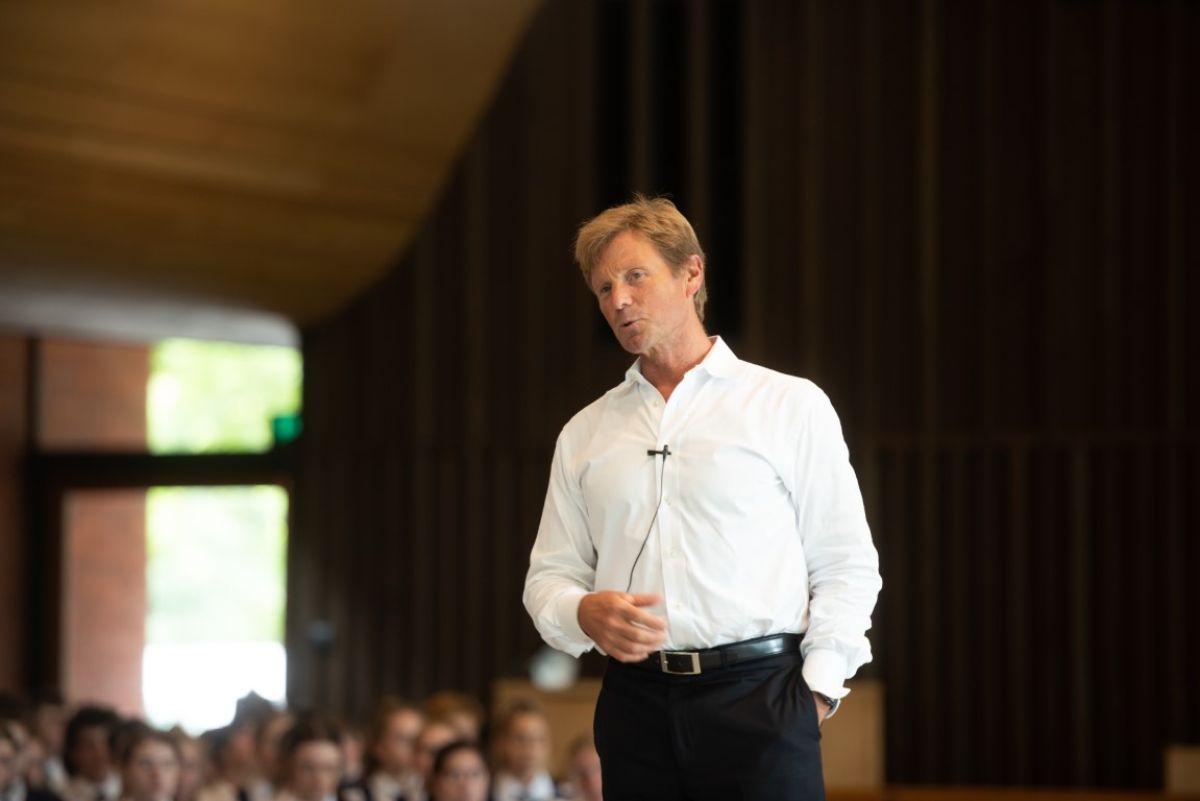
Do you have self-awareness around what factors are important for your resilience? If you could change one thing in your day, what choice could you make to build resilience?
Hansen, S. (2015). Inside Out: The Practice of Resilience. China, Oratia Media.
Twenge, J. M. (2017). iGen: Why today's super-connected kids are growing up less rebellious, more tolerant, less happy-- and completely unprepared for adulthood (and what this means for the rest of us) (First Atria Books hardcover edition.). New York, NY: Atria Books.
Related Posts
